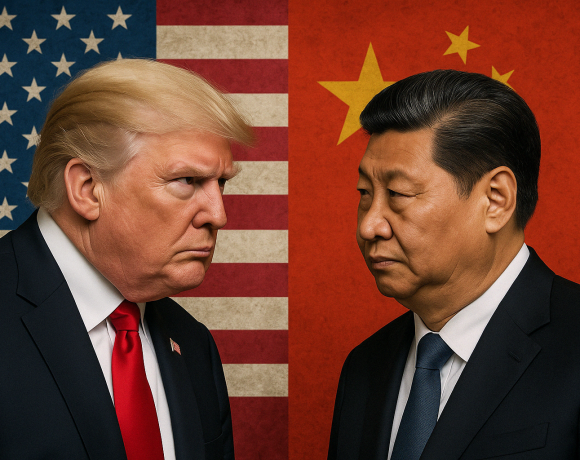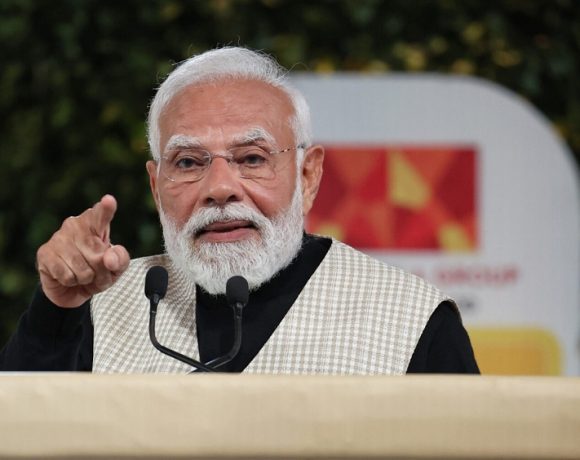
Ex-Jihadists Appointed to Trump’s Religious Liberty Panel
In a decision drawing widespread backlash, U.S. President Donald Trump has appointed two individuals with controversial jihadist backgrounds to a White House advisory panel on religious liberty. The appointments, made to the Advisory Board of Lay Leaders under the Religious Liberty Commission, include figures previously associated with extremist ideologies, including one with admitted links to Lashkar-e-Taiba (LeT).
Ismail Royer’s Lashkar-e-Taiba Past Raises Alarm
One of the appointees, Ismail Royer, was convicted in 2004 for aiding terrorists under the “Virginia Jihad Network.” Royer has publicly admitted to attending an LeT training camp in Pakistan in 2000, participating in activities aimed at Indian military posts in Kashmir. He served over 13 years in U.S. federal prison after pleading guilty to terrorism-related charges.
His inclusion on the White House panel has prompted strong reactions.
Political commentator Lara Loomer slammed the move, calling it “insane” and highlighting the contradiction in appointing someone who once fought for a designated foreign terror group to advise the U.S. government.
Hamza Yusuf’s Appointment Also Under Scrutiny
The second appointee, Shaykh Hamza Yusuf, is a respected Islamic scholar known for advocating interfaith dialogue. However, his past statements and ideological leanings have sparked debate. Some critics argue that while Yusuf hasn’t been linked to violence, his inclusion alongside a convicted ex-terrorist dilutes the credibility of the advisory board and blurs the lines between inclusion and legitimization.
Yusuf’s supporters, on the other hand, argue that his presence could serve as a moderating influence and foster genuine interreligious engagement.
National Security Experts Question Signal to Extremists
National security analysts have raised concern over the signal such appointments send—both domestically and internationally. Royer’s inclusion, despite serving his sentence, is viewed by some as a rehabilitation success story, while others argue it risks normalizing former extremists in policymaking roles without sufficient transparency or scrutiny.
The move has also drawn ire in India, where LeT remains one of the most notorious terror groups responsible for high-profile attacks, including the 2008 Mumbai massacre.
While Trump’s team has defended the appointments as an attempt to “represent diverse perspectives on religious freedom,” the backlash underscores a critical debate—how far should political inclusivity go when it intersects with past affiliations to terror networks?


















